At the recent meeting to deploy the 2024 petroleum supply task, Minister of Industry and Trade Nguyen Hong Dien said that it is forecasted that in 2024, domestic demand will increase, even increase dramatically.
According to the Domestic Market Department (Ministry of Industry and Trade), the total amount of petroleum of all kinds (including imported, purchased from domestic production sources and blended) supplied in 2023 is about 26.02 million tons. Of which, the import output is about 10.2 million tons. The petroleum market has had a year of basically stable prices, avoiding the situation of severe supply disruptions like some previous years. In 2024, the Ministry of Industry and Trade has balanced, calculated, and assigned the target of the minimum total amount of petroleum required for the whole year for businesses to implement nearly 28.42 million tons. Thus, the total amount of petroleum supplied to the market this year will be about 2.4 million tons higher than last year.
Perhaps the increase in the minimum quota this year will make some petroleum businesses hesitant, because according to feedback from petroleum dealers and retailers, in 2023, the level of petroleum consumption is quite "quiet" compared to previous years. The reason is due to economic difficulties, fear of risks if investing... However, in the recent meeting to deploy the task of petroleum supply in 2024, Minister of Industry and Trade Nguyen Hong Dien said that it is forecasted that in 2024, domestic demand will increase, even increase dramatically.
Obviously, in the context of the world economy and politics, there are always potential risks, trade wars, economic and financial crises still taking place in many regions, the supply and price of strategic materials are very difficult to predict, the risk of supply chain disruption can recur. Therefore, there must be a backup plan for situations to ensure energy security. Many experts believe that it is necessary to operate according to the market mechanism while ensuring the role of the state in managing and regulating this commodity. The important thing to solve this contradiction is the way to operate and calculate scenarios for assigning quotas and quotas that need to be flexible.
Previously, the Ministry of Industry and Trade often allocated annual gasoline quotas to businesses from the beginning of the year. Now, the operating scenario is not only annual (the whole year) but must be balanced and flexible by quarter, even by month, so that key businesses and distribution businesses can closely follow the market, proactively develop purchasing plans, both ensuring business efficiency and avoiding passivity. Along with that, the Ministry of Industry and Trade must strictly handle businesses that do not meet the assigned quotas, especially those that show signs of speculation and hoarding goods during times of high risk of shortage to prevent price increases and market manipulation.
VAN PHUC
Source


![[Photo] Prime Minister Pham Minh Chinh chairs the 14th meeting of the Steering Committee on IUU](https://vphoto.vietnam.vn/thumb/1200x675/vietnam/resource/IMAGE/2025/9/23/a5244e94b6dd49b3b52bbb92201c6986)
![[Photo] General Secretary To Lam meets voters in Hanoi city](https://vphoto.vietnam.vn/thumb/1200x675/vietnam/resource/IMAGE/2025/9/23/d3d496df306d42528b1efa01c19b9c1f)
![[Photo] The 1st Congress of Party Delegates of Central Party Agencies, term 2025-2030, held a preparatory session.](https://vphoto.vietnam.vn/thumb/1200x675/vietnam/resource/IMAGE/2025/9/23/e3a8d2fea79943178d836016d81b4981)
![[Photo] Editor-in-Chief of Nhan Dan Newspaper Le Quoc Minh received the working delegation of Pasaxon Newspaper](https://vphoto.vietnam.vn/thumb/1200x675/vietnam/resource/IMAGE/2025/9/23/da79369d8d2849318c3fe8e792f4ce16)








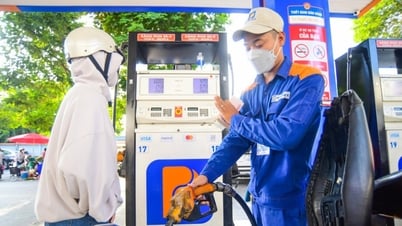


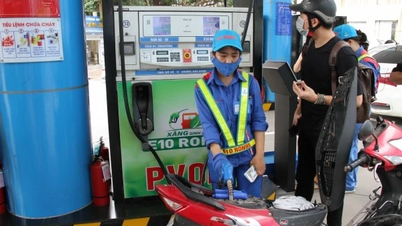













































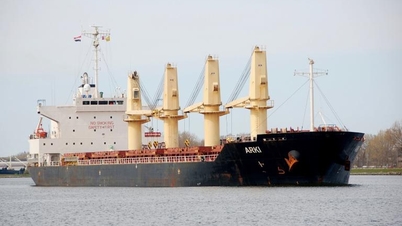


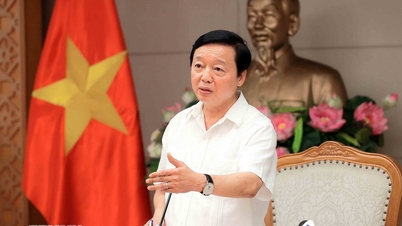






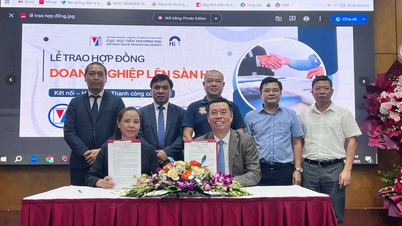


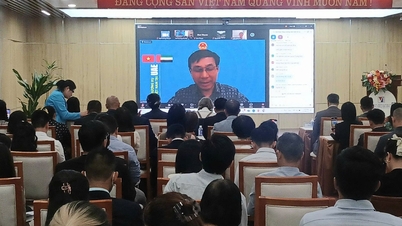














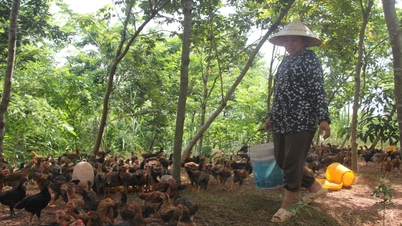


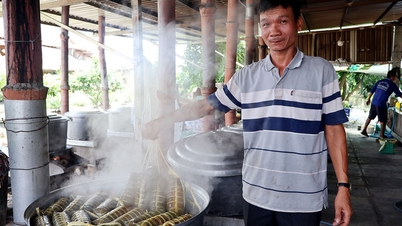







Comment (0)